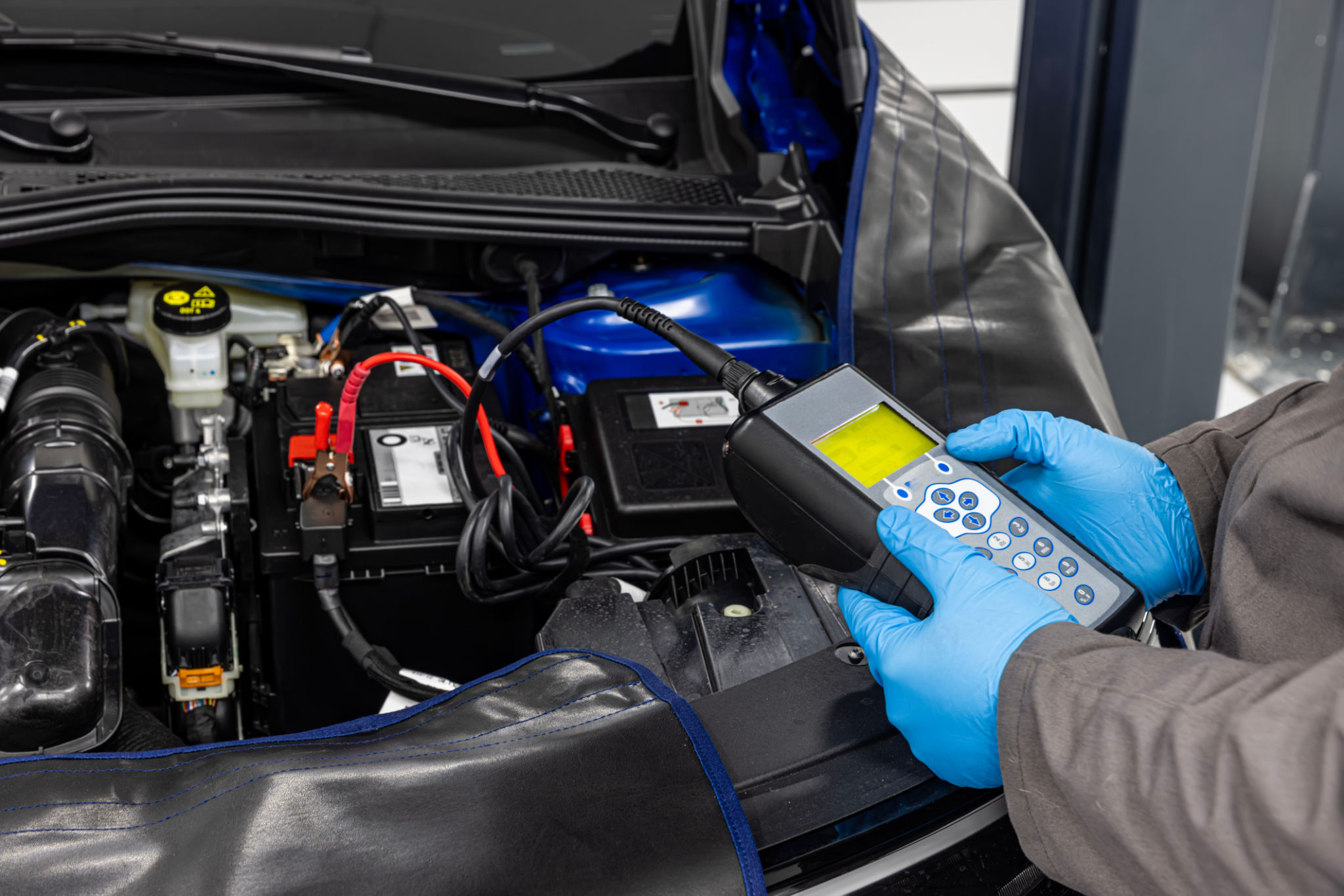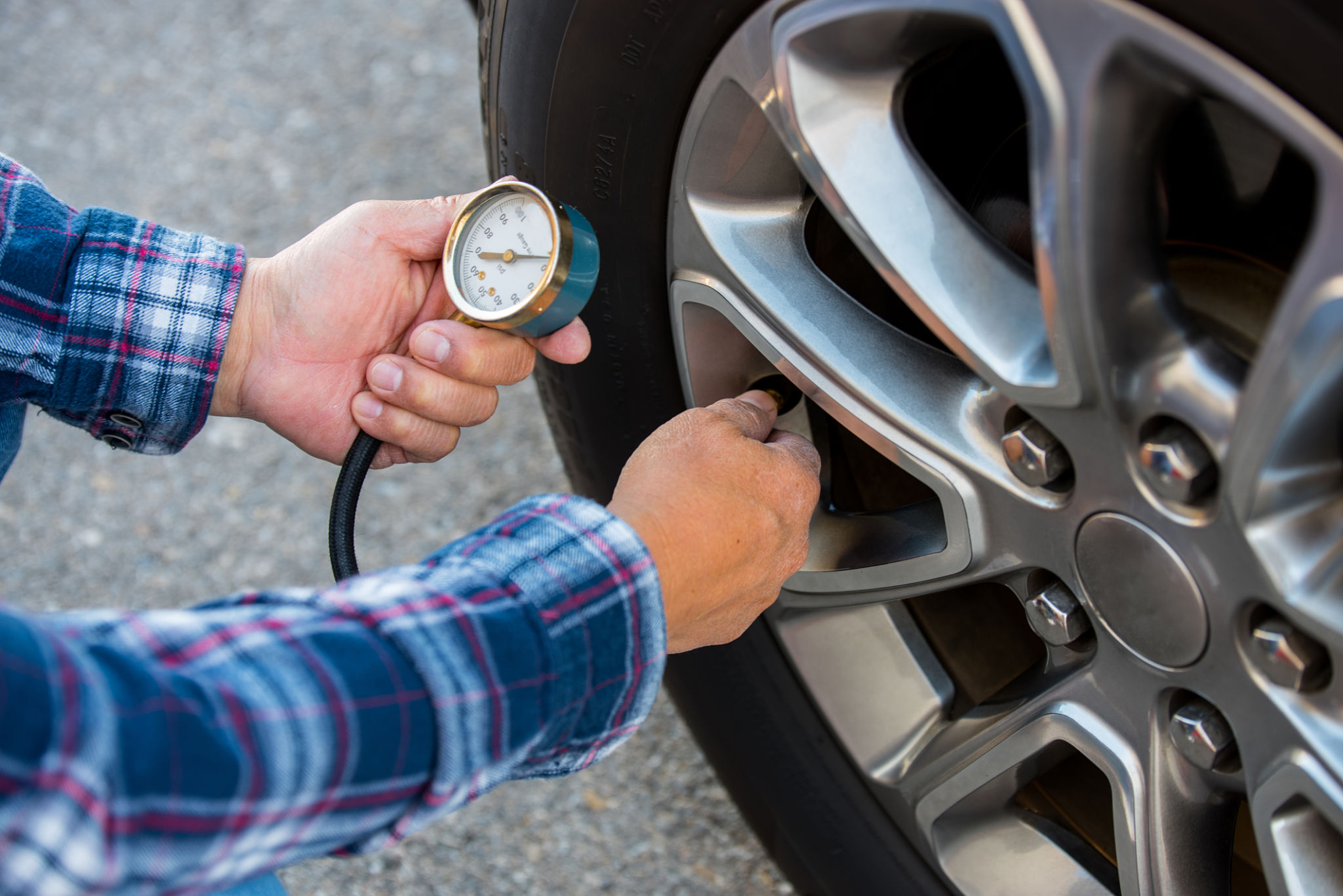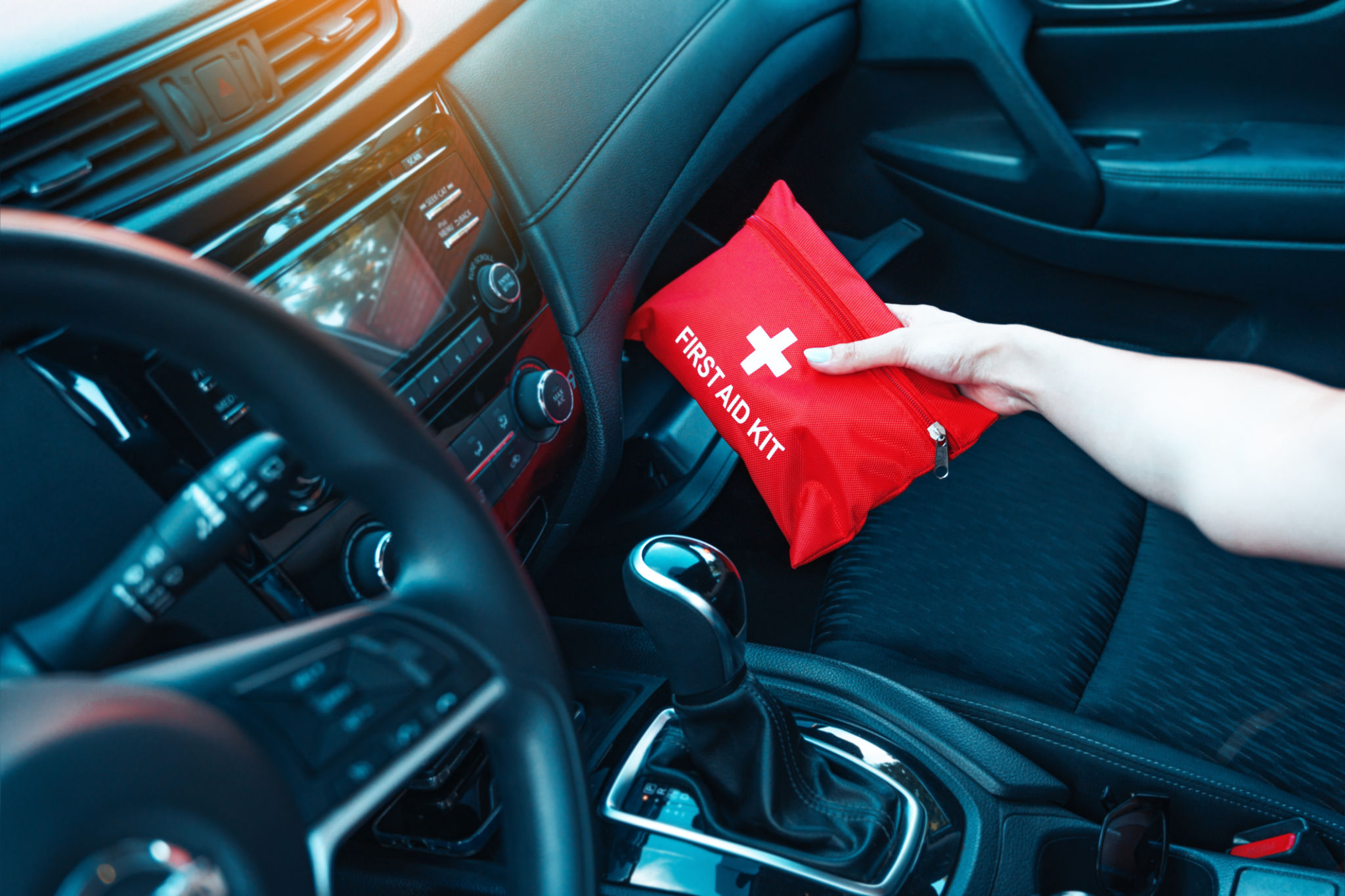Preparing Your Car for Winter in Raleigh: Essential Maintenance Tips
Check Your Battery
As winter approaches in Raleigh, ensuring your car battery is in top working condition is crucial. Cold temperatures can reduce a battery’s capacity, making it harder for your engine to start. It's wise to have your battery checked by a professional to ensure it holds a charge. If it is more than three years old, consider replacing it to avoid any unexpected breakdowns.
Additionally, clean any corrosion from the battery terminals and ensure they are tightly secured. Corrosion can impede the battery’s ability to function properly and may lead to starting issues when you least expect them.

Inspect Tires and Pressure
Winter in Raleigh can bring unpredictable weather conditions, so having the right tires is essential for safe driving. Inspect your tires for adequate tread depth to maintain traction on wet or icy roads. The minimum recommended tread depth is typically 2/32 of an inch, but deeper treads are preferable for winter driving.
Also, make sure your tires are properly inflated. Cold weather can cause tire pressure to drop, potentially leading to uneven wear and reduced fuel efficiency. Check the pressure regularly and fill the tires according to the manufacturer’s recommendations.

Top Off Fluids
Maintaining your vehicle's fluid levels is vital for optimal performance during the winter months. Start by checking and topping off the antifreeze. This fluid prevents your engine from freezing in cold temperatures, so ensure it is at the correct level and concentration.
Next, examine the windshield washer fluid and opt for a winter formula that can resist freezing. Having a clear windshield is crucial for visibility during snow or rain. Don't forget to check the oil level and quality; cold weather can thicken oil, making it less effective in lubricating your engine.

Check Brakes
Your brakes are one of the most critical safety features on your vehicle, especially when navigating potentially slippery winter roads in Raleigh. Listen for any unusual noises when applying the brakes and have them inspected by a professional if you notice squeaking, grinding, or reduced responsiveness.
If necessary, replace brake pads or rotors to ensure your vehicle can stop effectively in emergency situations. Regular maintenance of your braking system can prevent expensive repairs down the road and keep you safe during winter driving conditions.

Prepare an Emergency Kit
No matter how carefully you prepare your car for winter, unexpected situations can still arise. Prepare an emergency kit to keep in your trunk that includes essentials such as a flashlight, blankets, non-perishable snacks, water, and a first aid kit.
Include basic tools like a tire jack, jumper cables, and a spare tire. Having these items on hand can make a significant difference if you find yourself stranded or needing assistance during cold weather.

